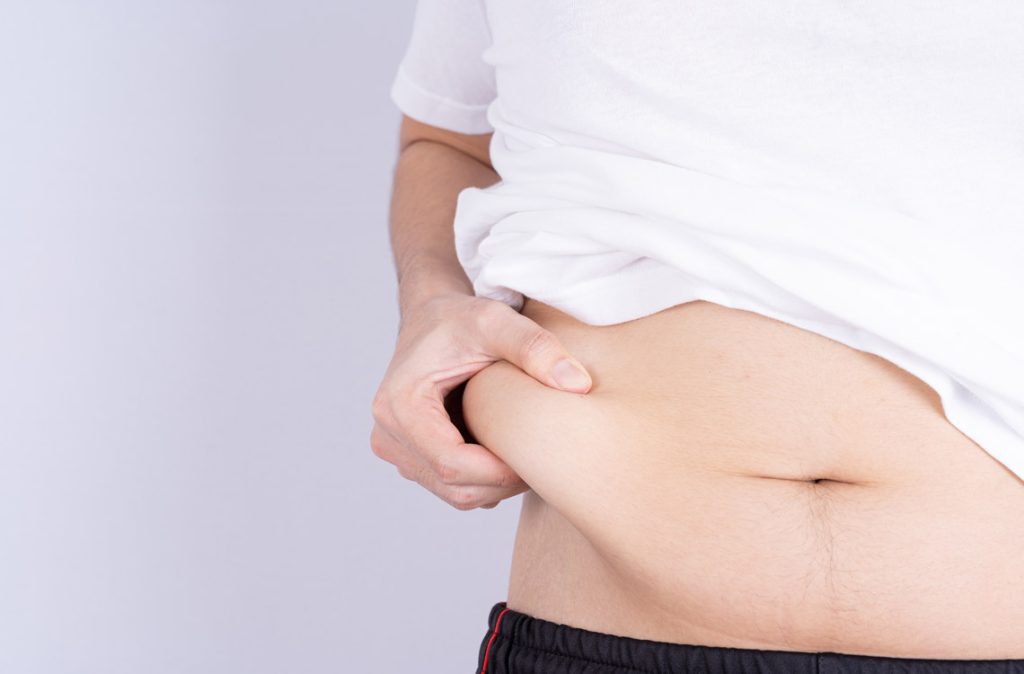We’ve all seen the headlines and fitness slogans: ‘Lose those love handles’, ‘From Dad Bod to Greek God’.
While they may sound catchy, these messages reflect a deeper issue—our society’s ongoing obsession with body image.
Of course, staying healthy through exercise and good nutrition is important. And yes, looking a certain way can bring social or professional advantages.
But how someone chooses to manage their body should be entirely personal, not dictated by societal pressures or unrealistic beauty standards.
Male Body Shaming: The Quiet Struggle
We often associate body shaming with women, but men—especially fathers—are not immune.
The so-called ‘dad bod’ has become a cultural label, often used to mock or shame men who don’t maintain a lean, muscular physique.
While originally considered an insult, some now embrace the term as a badge of honour.
Despite this shift, many men still face judgement—from themselves and others. Fat-shaming, unrealistic expectations, and body dysmorphia affect people of all genders, and the effects can be damaging.
It’s time we recognise that dads, too, face pressure to conform to idealised body standards.
Fatherhood Changes Priorities
The reality for many fathers is that time, energy, and priorities shift drastically once children come into the picture.
Gym sessions get replaced by nappy changes and school runs.
After a long day at work, the idea of hitting the treadmill can feel exhausting—and understandably so.
These aren’t excuses; they’re just facts. Everyone has different physical limits and energy levels. Some men can train daily, others simply cannot. And that’s okay.
The Myth of the ‘Greek God Physique’
Let’s not pretend the chiselled six-pack is easily attainable.
In truth, maintaining that kind of body takes immense time, money, discipline—and in some cases, genetic luck.
For most men, especially those balancing work and family life, such goals aren’t just unrealistic, they’re unsustainable.
Of course, staying active and eating well matters. But that doesn’t mean living on steamed broccoli and skipping family pizza nights.
Life is meant to be lived in balance, not obsessively curated for aesthetics.
Ageing, Hormones, and the Reality of Men’s Bodies
Like women, men go through hormonal shifts as they age—sometimes referred to as ‘manopause’.
Testosterone levels drop, metabolism slows, and muscle mass becomes harder to maintain.
Even lifelong athletes eventually face diminishing returns from their workouts.
It’s not failure; it’s nature. Bodies evolve. And there’s dignity in accepting this process with grace rather than shame.
The Dad Bod: A Symbol of Real Life
Rather than being mocked, the dad bod can represent something beautiful: maturity, stability, and love.
Some women even say they prefer a softer, more approachable body to a hyper-muscular one.
What really matters is kindness, reliability, and emotional presence—qualities that far outshine biceps.
As gender roles evolve, so do ideas of attraction. Many modern women prioritise emotional intelligence and caregiving in a partner.
A dad bod doesn’t mean someone has ‘let himself go’—it often means he’s simply prioritised family over flexing.
Time to Embrace All Bodies—Including Dad Bods
The pressure to achieve a specific body type is exhausting, unrealistic, and often damaging.
Instead of idolising a single physique, let’s celebrate all kinds of male bodies. Especially those that have weathered the storms of parenthood with humour, love, and strength.
Being a father is a full-time job. And a man’s worth should never be measured by his waistline.
The rise of the body positivity movement is a powerful reminder that what truly matters lies within: character, compassion, and commitment.
Because at the end of the day, a great body means little without a good heart.
Happy Father’s Day to all dads from Mamahood Singapore with love! You’re rockstars and we thank you for all that you do.
Disclaimer: The information provided in this article is for informational purposes only and should not be considered as medical advice from Mamahood. For any health-related concerns, it is advisable to consult with a qualified healthcare professional or medical practitioner.
For more insightful stories and parenting advice, stay tuned to Mamahood Singapore!
